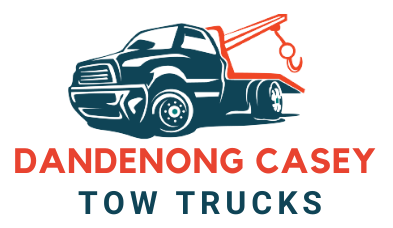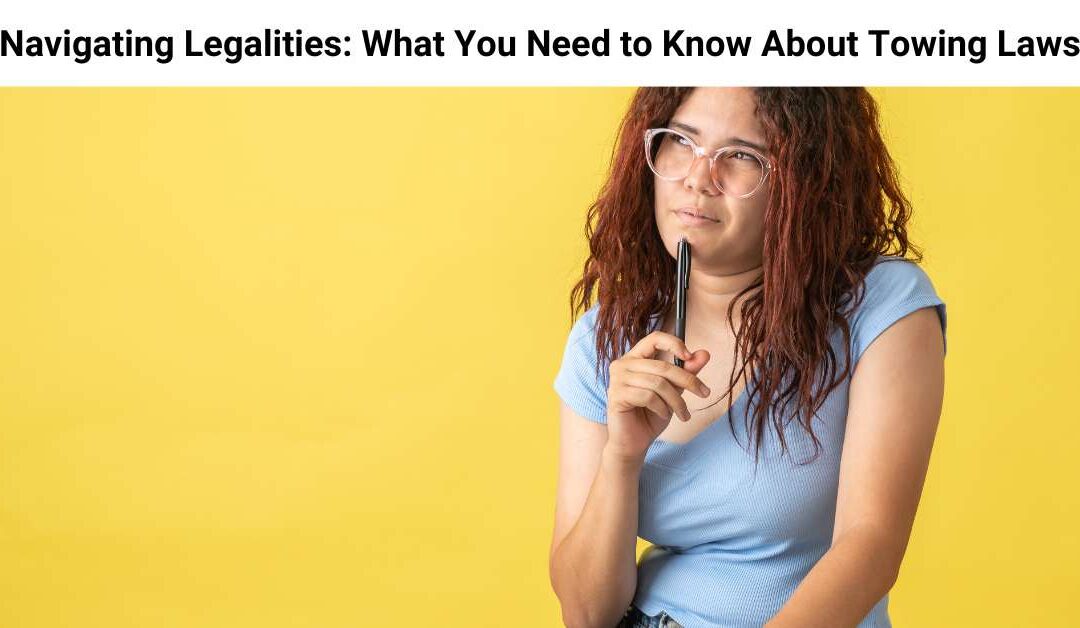Towing laws are essential for ensuring safety, fairness, and efficiency in vehicle recovery. Understanding the legal aspects of towing can help vehicle owners and towing companies navigate disputes, avoid penalties, and maintain compliance. Here’s a detailed look at key towing laws and regulations you should know.
When Can a Vehicle Be Towed?
The conditions under which a vehicle can be towed are governed by local laws and regulations. Common reasons include illegal parking, blocking driveways, expired registration, and abandonment. Private property owners often have the right to tow vehicles parked without permission, but only after providing proper notice, such as posted signage. Similarly, authorities can tow vehicles involved in accidents or those deemed hazardous to public safety.
Licensing and Permits for Towing Companies
Towing companies must adhere to strict licensing requirements. Operators need specific certifications to handle various types of towing, including heavy-duty and roadside recovery. Additionally, tow trucks must meet safety standards and carry the necessary permits for operations, especially when crossing state or municipal boundaries. Compliance ensures accountability and protects consumers from unregulated practices.
Fee Regulations and Consumer Protections
Towing fees can vary significantly, but many jurisdictions impose limits to prevent predatory practices. For example, laws may require towing companies to provide an itemized invoice detailing charges for services like storage, recovery, and mileage. Vehicle owners also have the right to retrieve personal belongings from a towed vehicle, regardless of payment status, under consumer protection laws.
Proper Notification Procedures
Towing laws often mandate specific notification procedures for both vehicle owners and authorities. When a car is towed, the towing company or property owner is typically required to inform local law enforcement. Vehicle owners must also be notified promptly, with details about where their vehicle has been taken and how to retrieve it. Failure to comply with these procedures can result in penalties for the towing operator.
Dispute Resolution and Legal Recourse
Disputes between vehicle owners and towing companies are not uncommon. Many jurisdictions offer avenues for resolving these conflicts, such as filing complaints with regulatory bodies or small claims courts. Familiarizing yourself with your rights as a vehicle owner can help you challenge unfair practices, such as excessive fees or improper towing.
Conclusion
Towing laws exist to balance the interests of vehicle owners, property owners, and public safety. By understanding the legal framework surrounding towing, you can protect your rights and avoid unnecessary complications. Whether you’re a vehicle owner or a towing operator, staying informed about these regulations is crucial for navigating the towing process smoothly and lawfully.
If you are in Hallam VIC 3803, Australia, and looking for a car removal service, this is the best way to visit us.
Contact Us
Dandenong Casey Tow Trucks
50 Fitzgerald Road
Hallam VIC 3803
(03) 7042 2011


Recent Comments